British start-up Helixx has announced plans to produce a line-up of four quadricycles aimed at developing nations in Asia, produced using an innovative process inspired by McDonald’s.
The electric quartet are all based on the same underpinnings, engineered to L7e regulations – so legally limited to 20bhp and a maximum kerb weight of 450kg (rising to 600kg for cargo vehicles).
There are two commercial variants: a van with 2100 litres of cargo space and a pick-up with a 1.64m2 bed. The two passenger models, a minivan and an open-sided tuk-tuk, offer a top speed of 50mph.
All feature swappable 2kWh lithium-iron-phosphate (LFP) battery packs. Multiple can be installed to give a total capacity of 4kWh, 8kWh or 12kWh, with the highest giving up to a 200km (124-mile) range. And Helixx CEO Steve Pegg has confirmed to Autocar that the company is evaluating whether the vehicles can support an eighth pack, which would boost the range further.
None of the vehicles will be sold directly to consumers, said Pegg, but rather leased to fleets and business operators on a subscription basis. The company aims for this subscription to be charged at just $0.25 (£0.20) per hour of use.
To ensure profitability, the Oxford-based company will oversee small regional factories operated under licensed partnerships, in the same way that a business might opt to become a fast-food franchise.
“You can go anywhere in the world and build 95% of all the components in the local region,” explained Pegg. “If there’s a press shop, a foundry, you can make anything.”
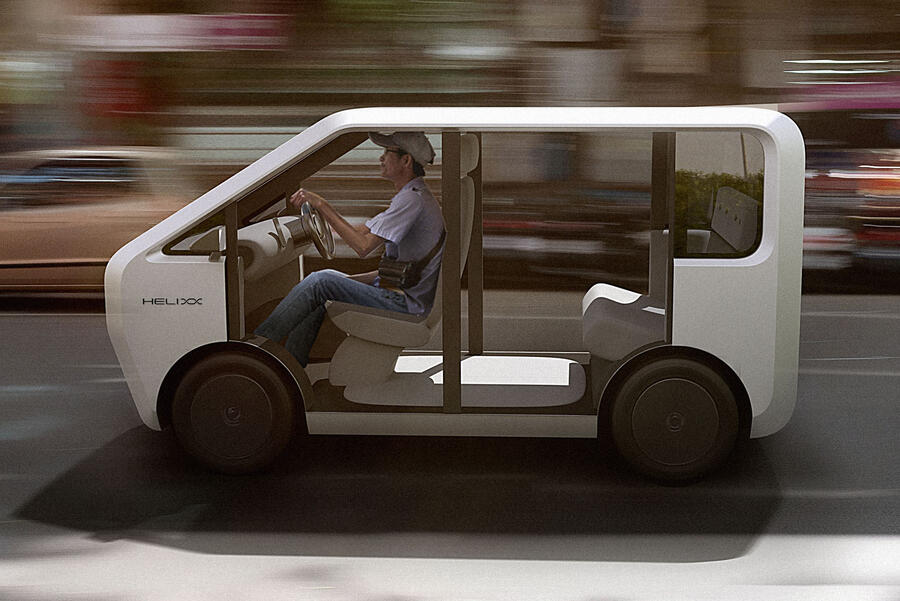
Some components – namely the batteries – have to be sourced by Helixx, given the difficulty of their production. Nonetheless, the emphasis is on making use of local resources to reduce the vehicles’ costs (both financial and environmental).
Pegg added: “We got our inspiration from McDonald's franchises. You don't have to know how to cook to own McDonald's franchise. You don't even have to cook. All you do is follow a set of processes. You don't need to know where your supply chain comes from.”
To ensure consistency in the quality of the vehicles potentially built all over the world, Helixx plans to use a software framework that it's developing with technology giant Siemens. This utilises a ‘digital twin’ – a virtual model of the vehicle – with cameras, sensors and special processes on the factory floor to ensure that each step has been completed correctly.

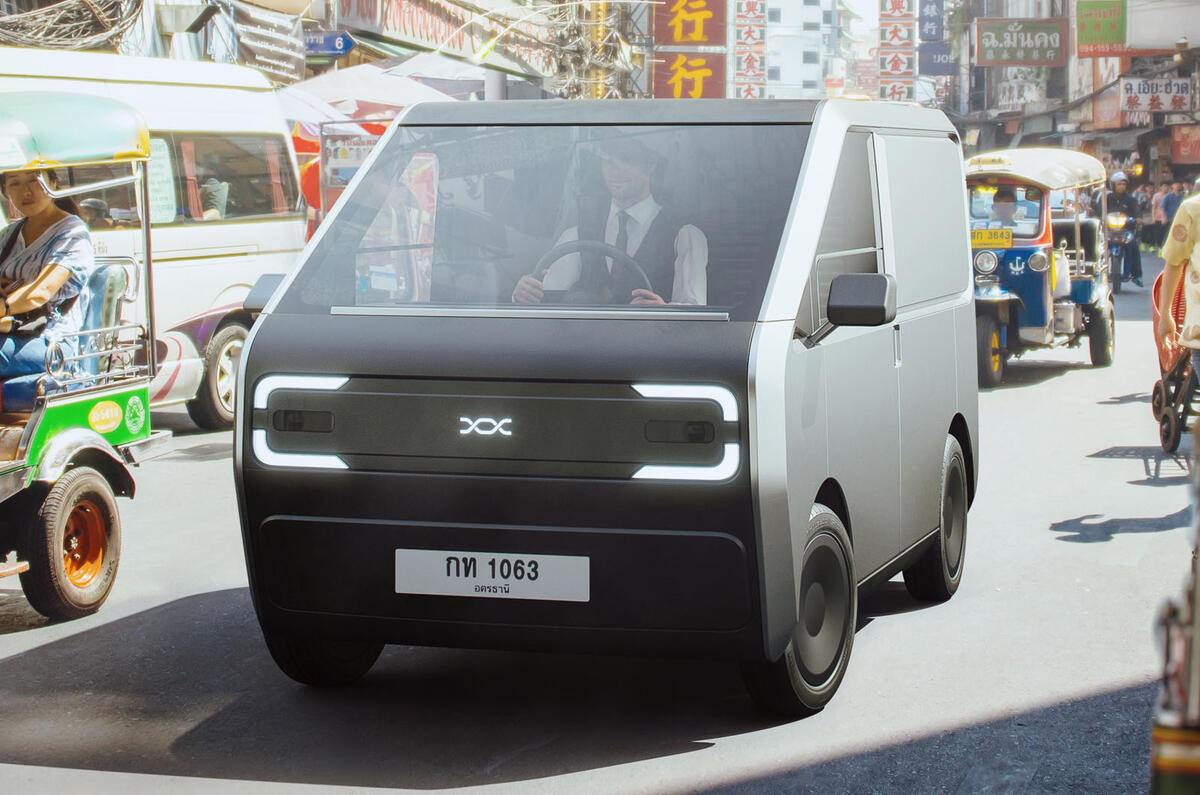
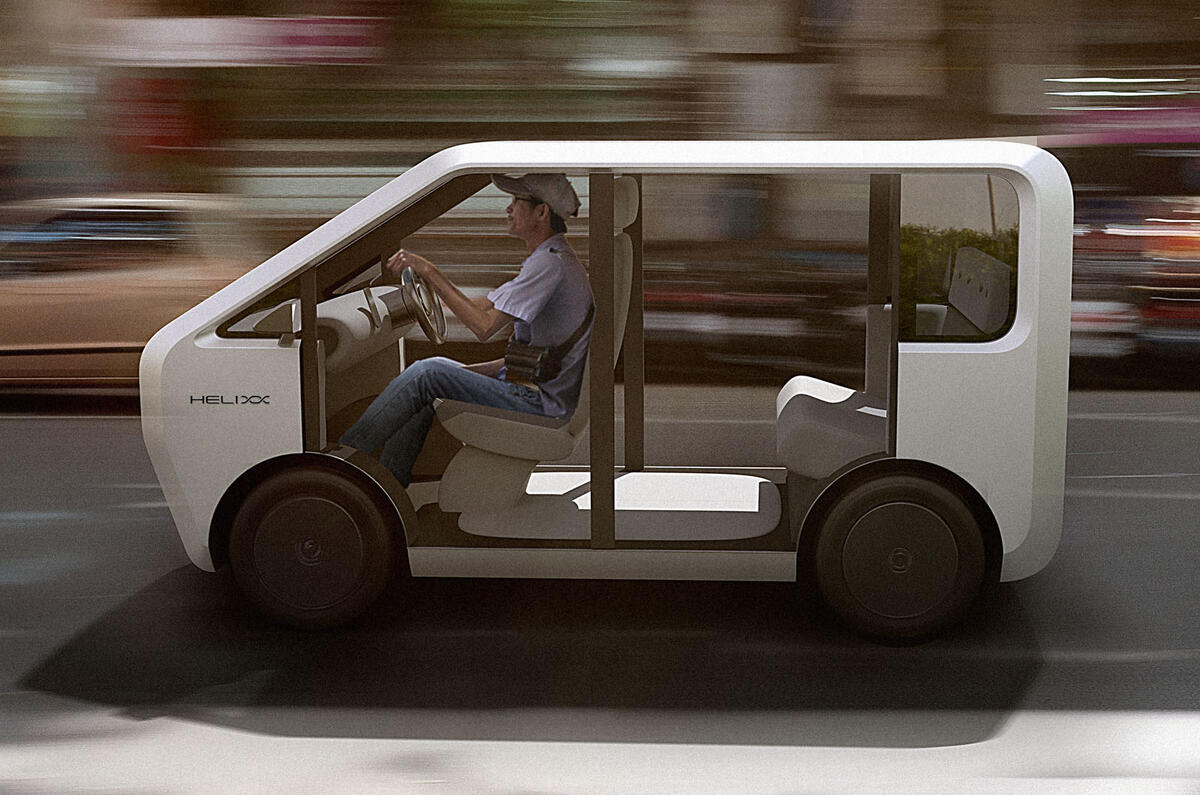
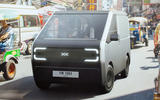
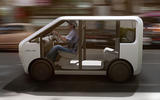

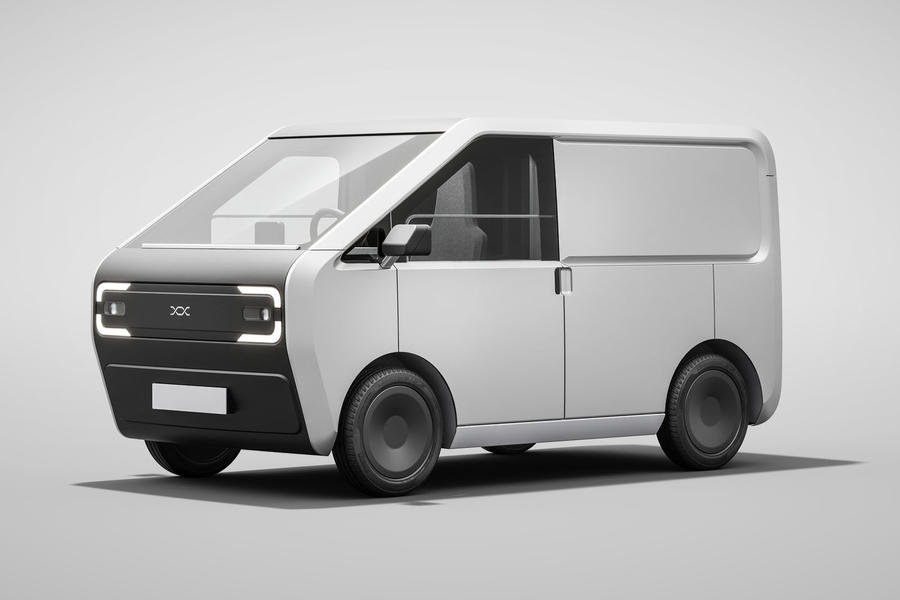




Join the debate
Add your comment
Anyhow good luck to them.
Cool, like it. Although 10kwh per mile emmm, still wish it success in the cities.
I think you mean 10 miles per kWh, which I suppose might just be possible given the low weight and low speeds!
Surely it would make sense to build a pilot run and test in a UK City first?
whoops typO. Certainly be an interesting option for the post office in cities.
Brilliant. Although I'm sure someone will be along in a minute to remind us how EVs will never work in the developing world. 'Cause they won't have thought of that.